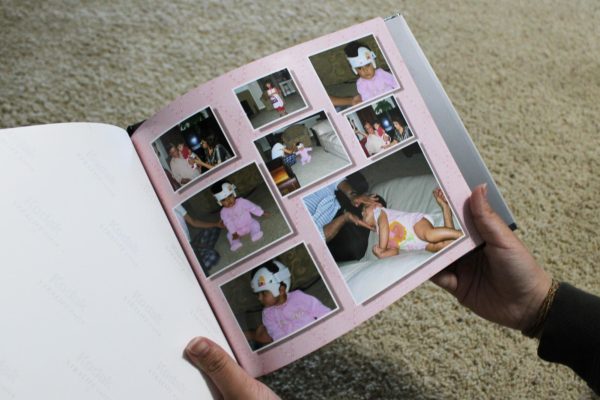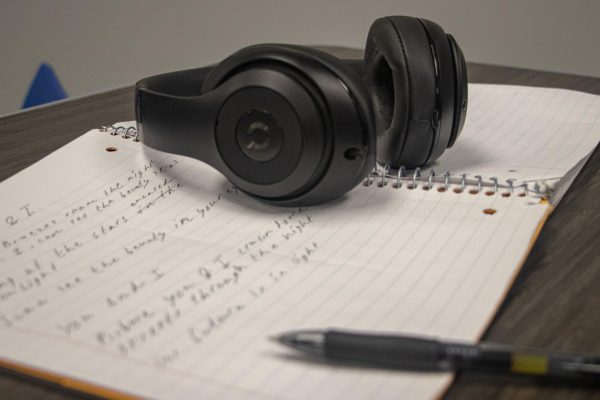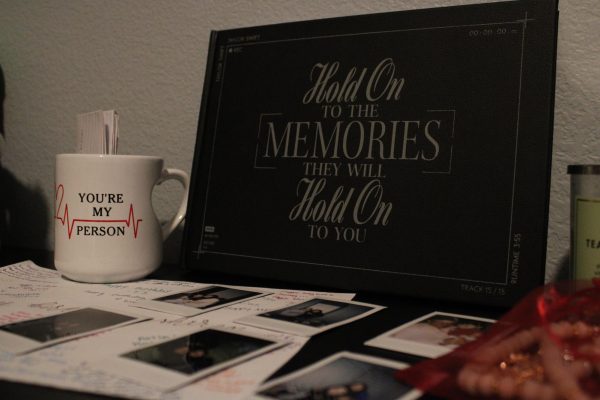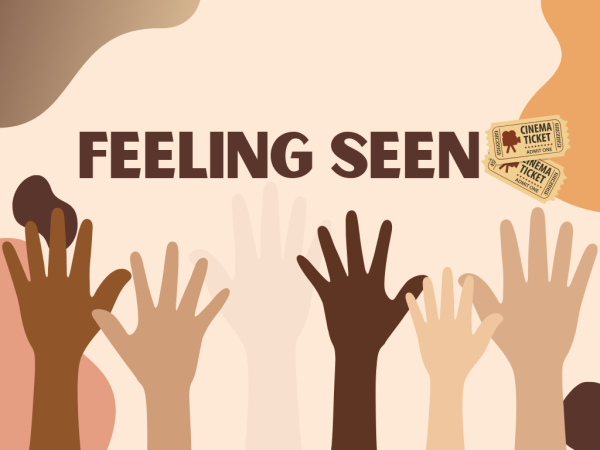Self care is not selfish
Self care is a hot topic these days: the “treat yourself” movement fills social media platforms with influencers promoting the next best thing that will guarantee true happiness and success. Self care and capitalism today go hand-in-hand. Detox teas, bath bombs, yoga classes, spa days and more are great ways to take a moment for yourself, but these overpriced luxuries imply self care is something only the privileged elite can participate in.
True self care should be for everyone. Taking care of your body and mind is good, but is it still self care when these practices become commodities and marketing ploys?
Self care is any activity that we deliberately do to take care of our mental, emotional and physical health. It is something that refuels us rather than takes away from us. It is a response to one main issue: stress. And it seems like everyone is stressed out of their minds these days.
In our society, students are expected to be walking productivity machines – every moment of our lives intended to make the next moment better. We work and work until either our mind, body or both shut down. It’s no wonder anxiety and depression diagnoses among young adults have increased dramatically within the past years.
During my freshman and sophomore year, I remember getting five to six hours of sleep on a good day, coming straight home from school and doing homework until around 2 a.m. I skipped meals because I didn’t have time for a break and didn’t have any free time to do anything I loved. It was exhausting and my mental health suffered. I would get sick because I was trying to be the perfect, productive version of myself every moment of the day and my body was too tired to keep up.
The truth is that we are all busy. And taking care of ourselves is commonly at the bottom of our long priority lists.
I wanted to make a difference in my life. I set out for two weeks to implement a self care routine that didn’t cost me any money. I made lists, plans and checklists in order to implement things that would hopefully increase my quality of life. I tried to execute all of these actions daily: stretching when I wake up, reading the daily news and my Bible, eating breakfast, doing my skin care routine, being aware of the food I’m eating, limiting social media to one hour per day, meditating for ten minutes, getting eight to 10 hours of sleep, putting my phone down at 10 p.m. and drinking 90-180 ounces of water. Yes, that’s a lot. No, I wasn’t able to successfully complete all of these things.
I basically failed this challenge, but it was OK because I had a change of mindset after the first two days. I realized was being a hypocrite. In order to deplete my stress levels, I was adding more priorities to my list, which actually was making me more stressed. Instead, I began to focus on the little things that acted as checkpoints for me throughout the day that would make me pause and do things for myself in the midst of my stressful days.
Meditation and drinking lots of water especially made me prioritize my mental and physical health over the many external pressures of life. Using my failed two week challenge, I have established a customized, sustainable routine that makes me happy.
These past two weeks have changed my perspective of thinking self care is only for Instagram influencers to thinking that self care is something crucial yet different for everyone.

Senior Hailey Dirks is the Managing Editor and this is her second year on staff. In her free time, she loves reading, listening to music, painting and...














Colleen • Dec 19, 2019 at 3:11 PM
As a busy college student, I find that I neglect myself more often than not- but I’m trying to respond to my physical/emotional/mental needs as I go throughout my semesters. I found this post by author Renee Trudeau that has really helped me– https://reneetrudeau.com/2019/09/6-reasons-you-should-be-1-on-your-to-do-list/